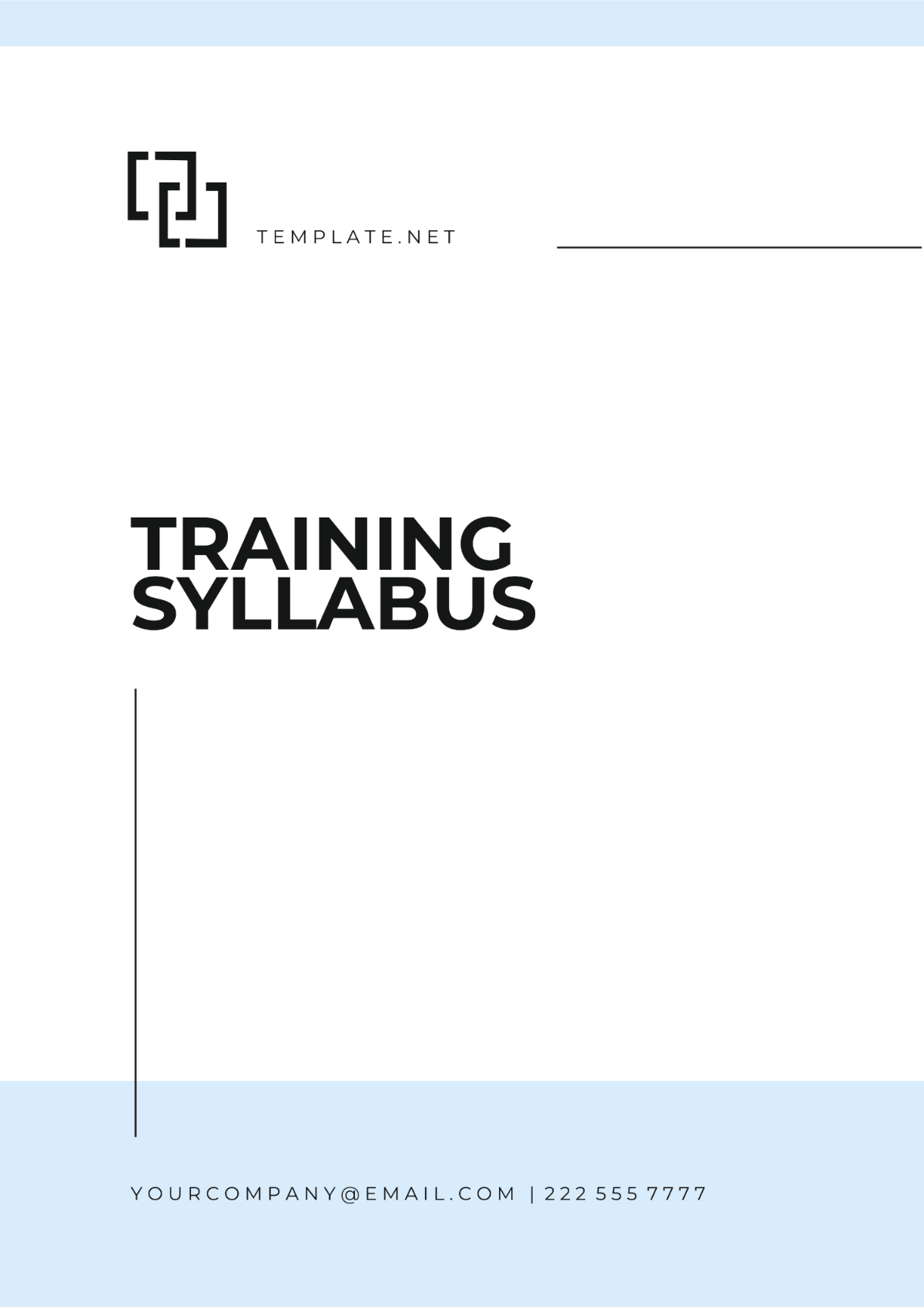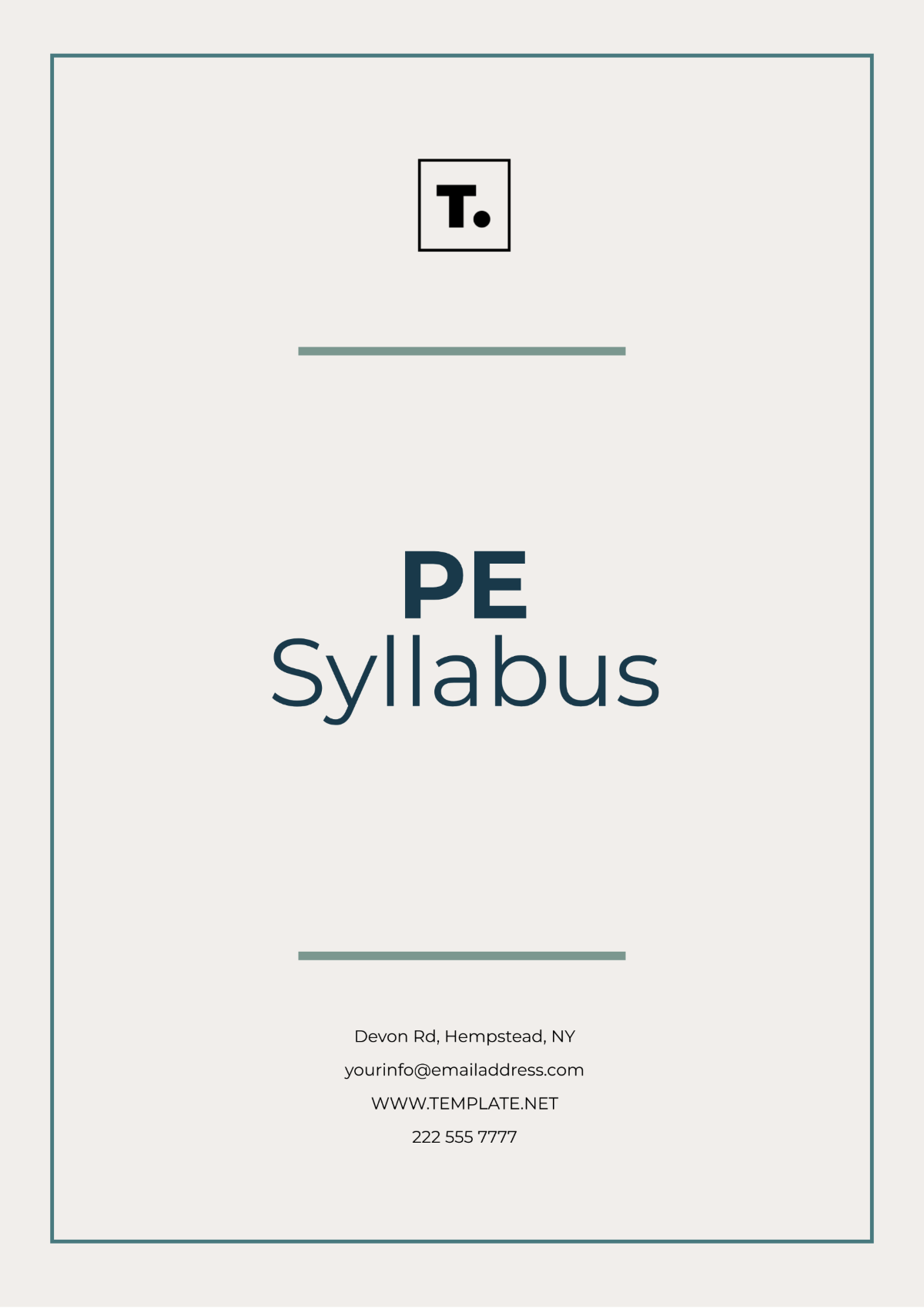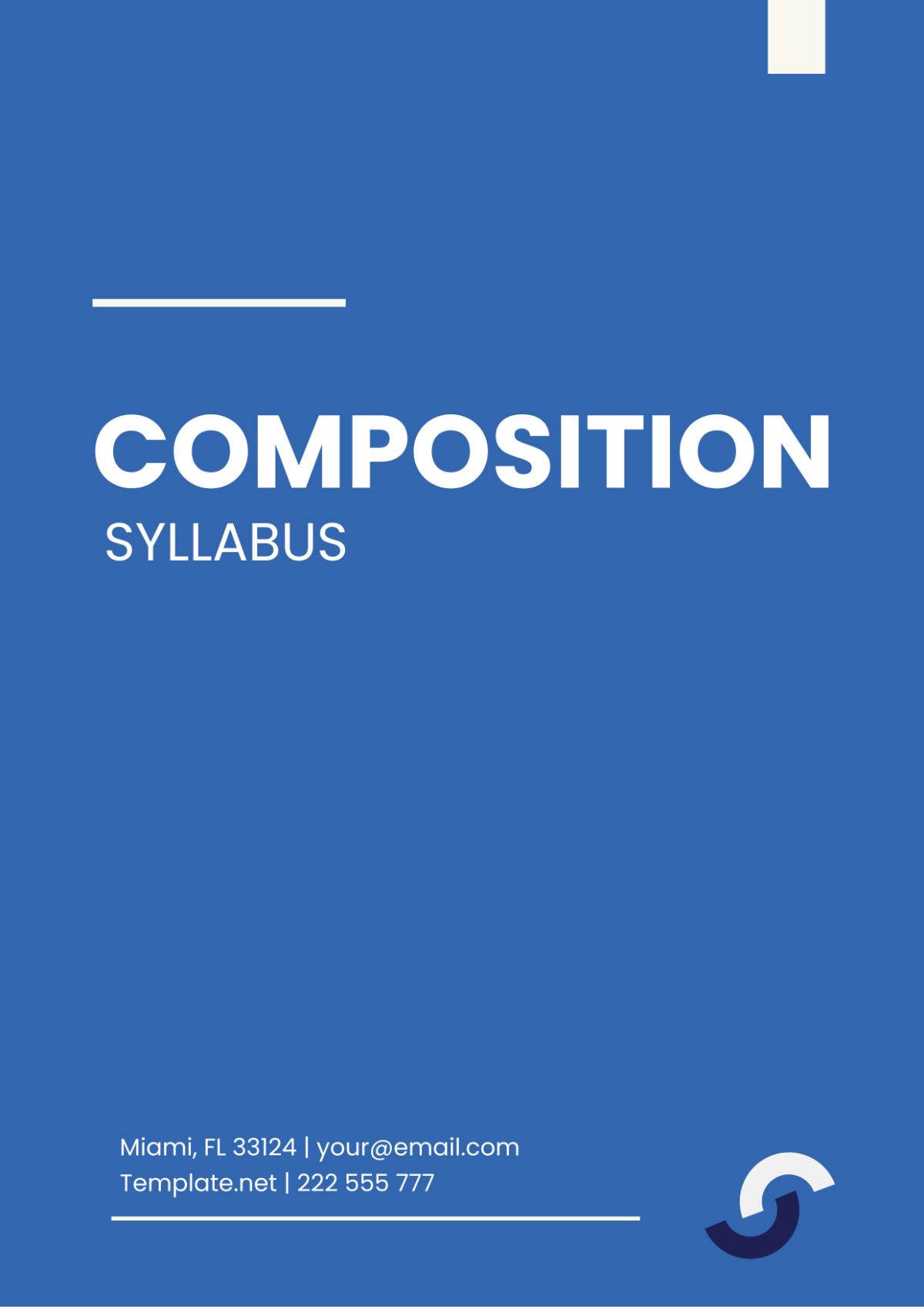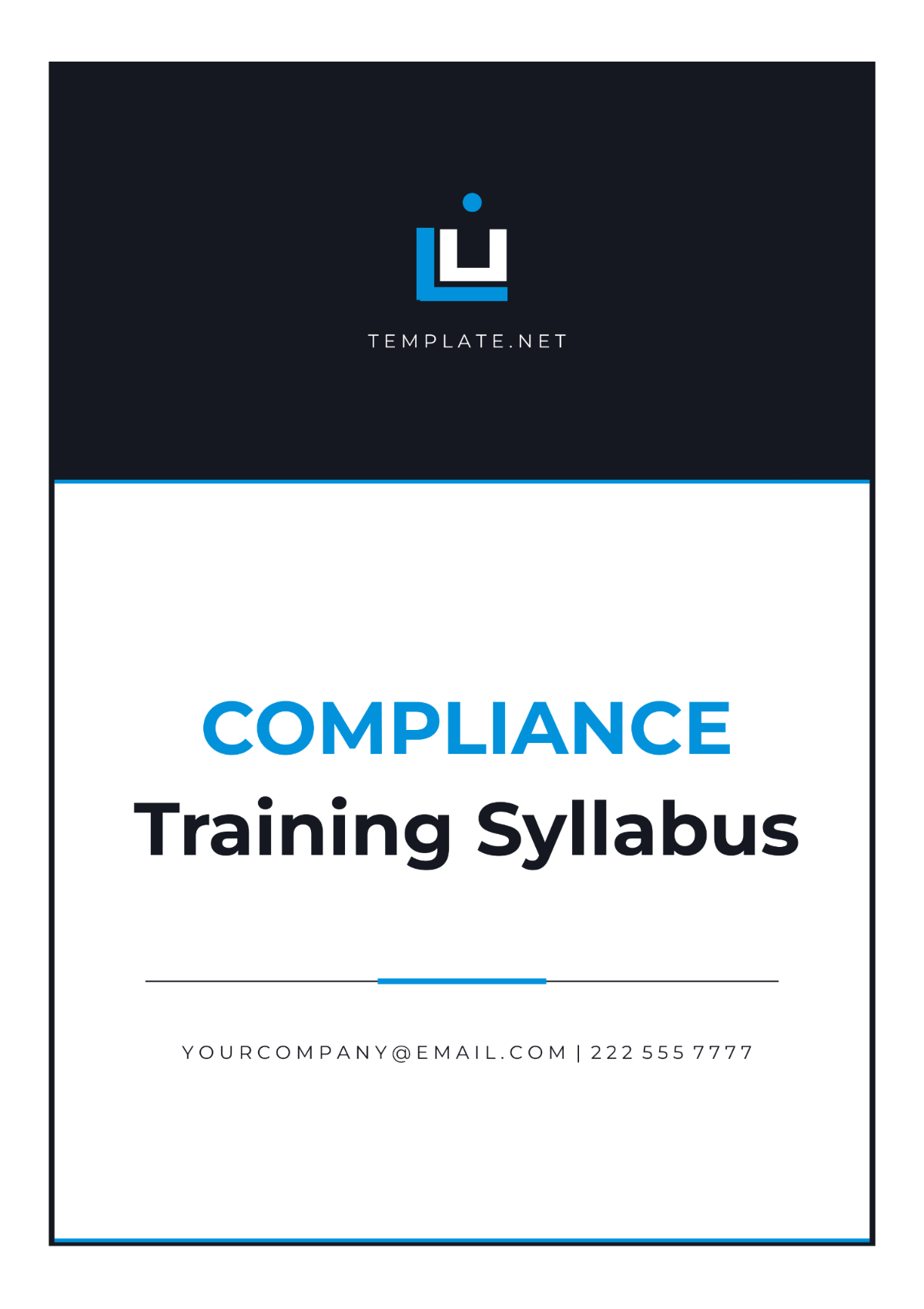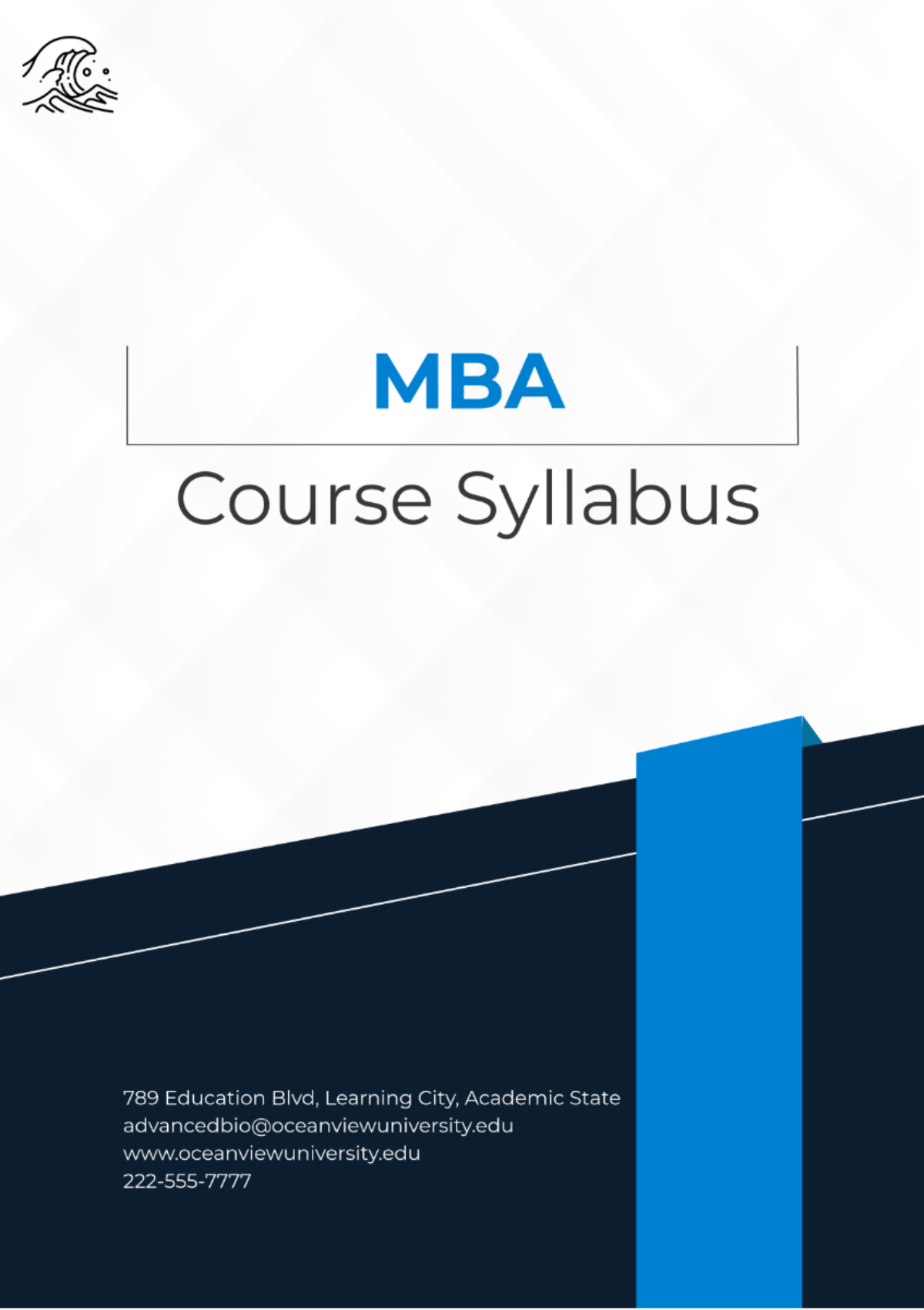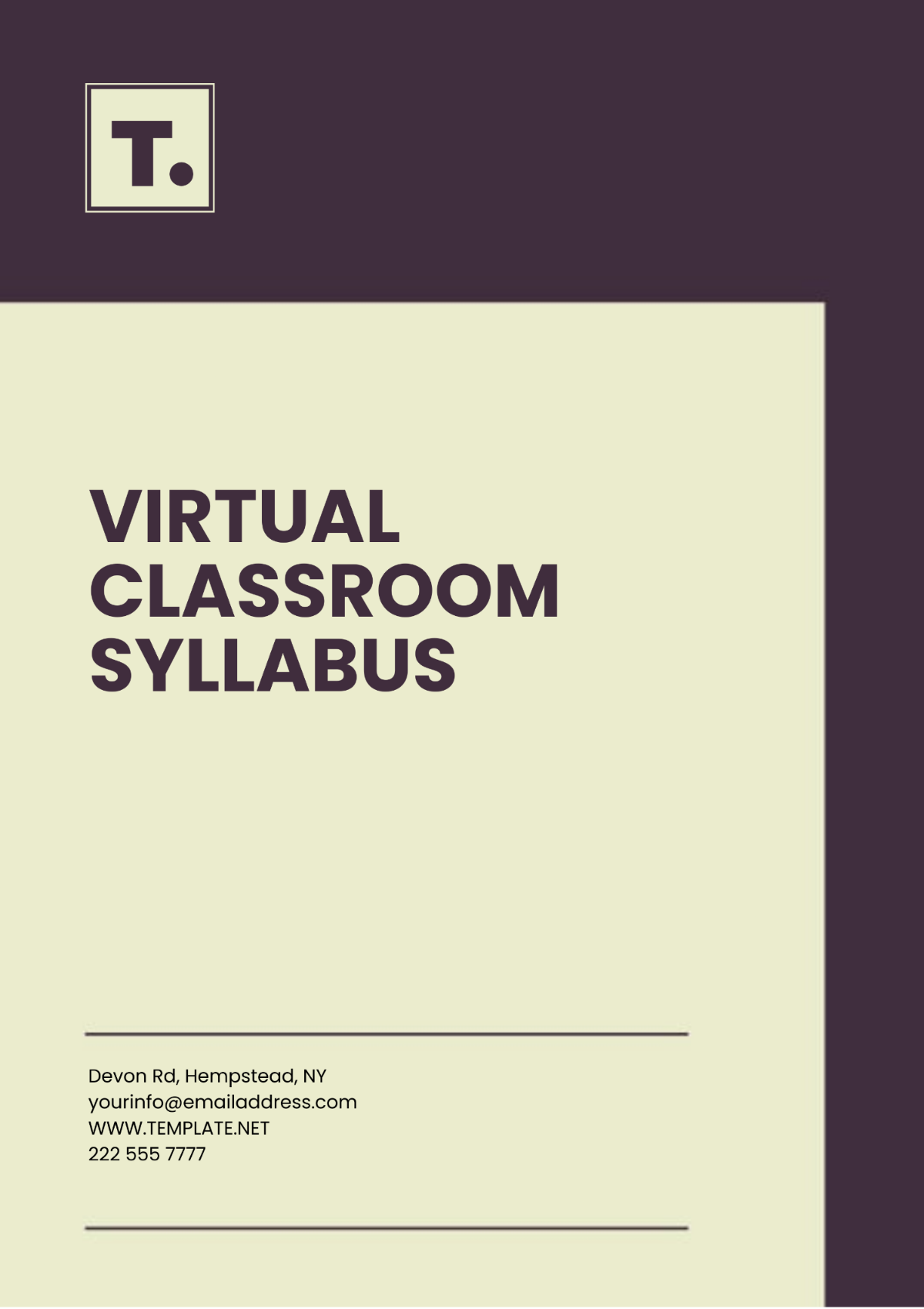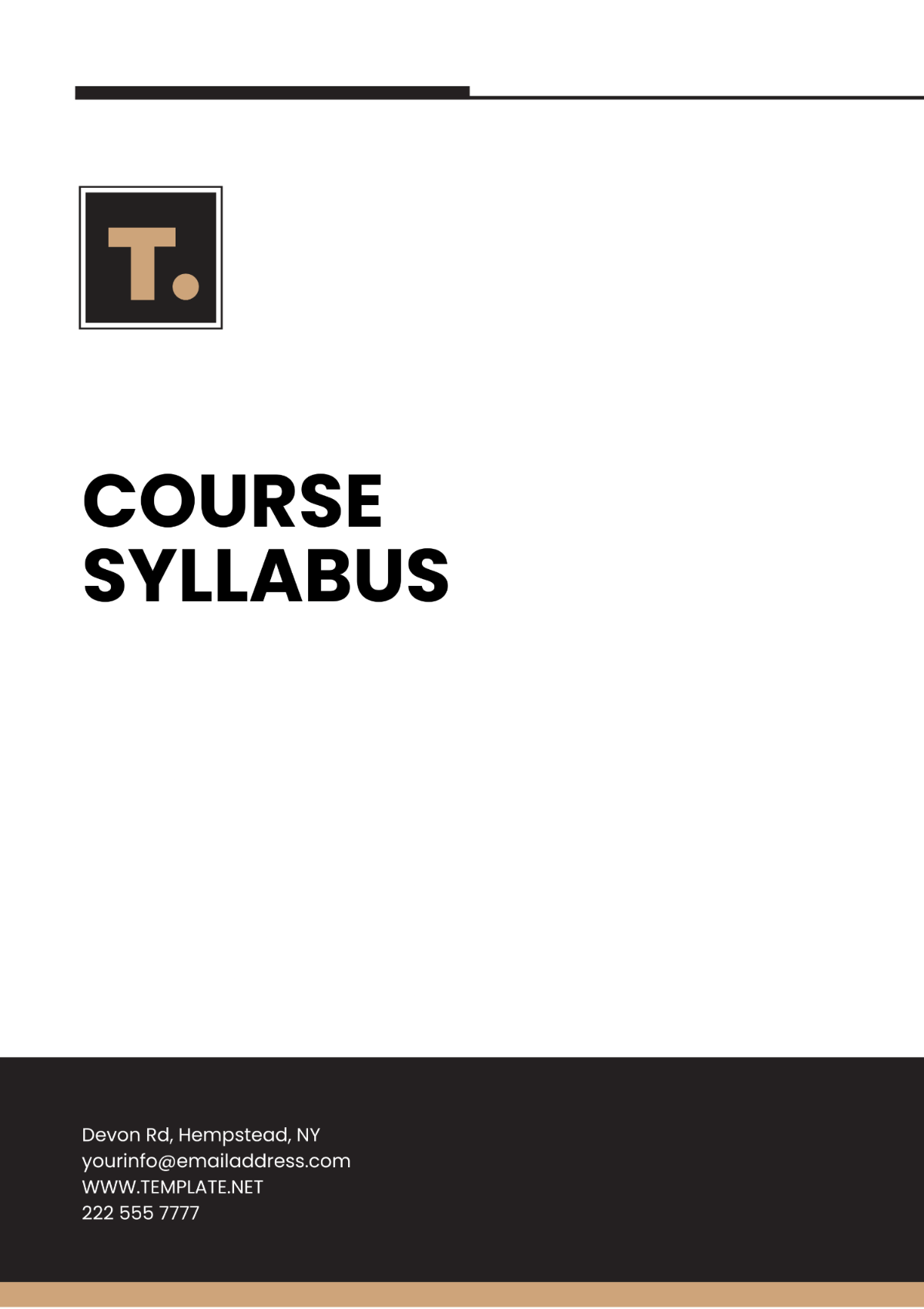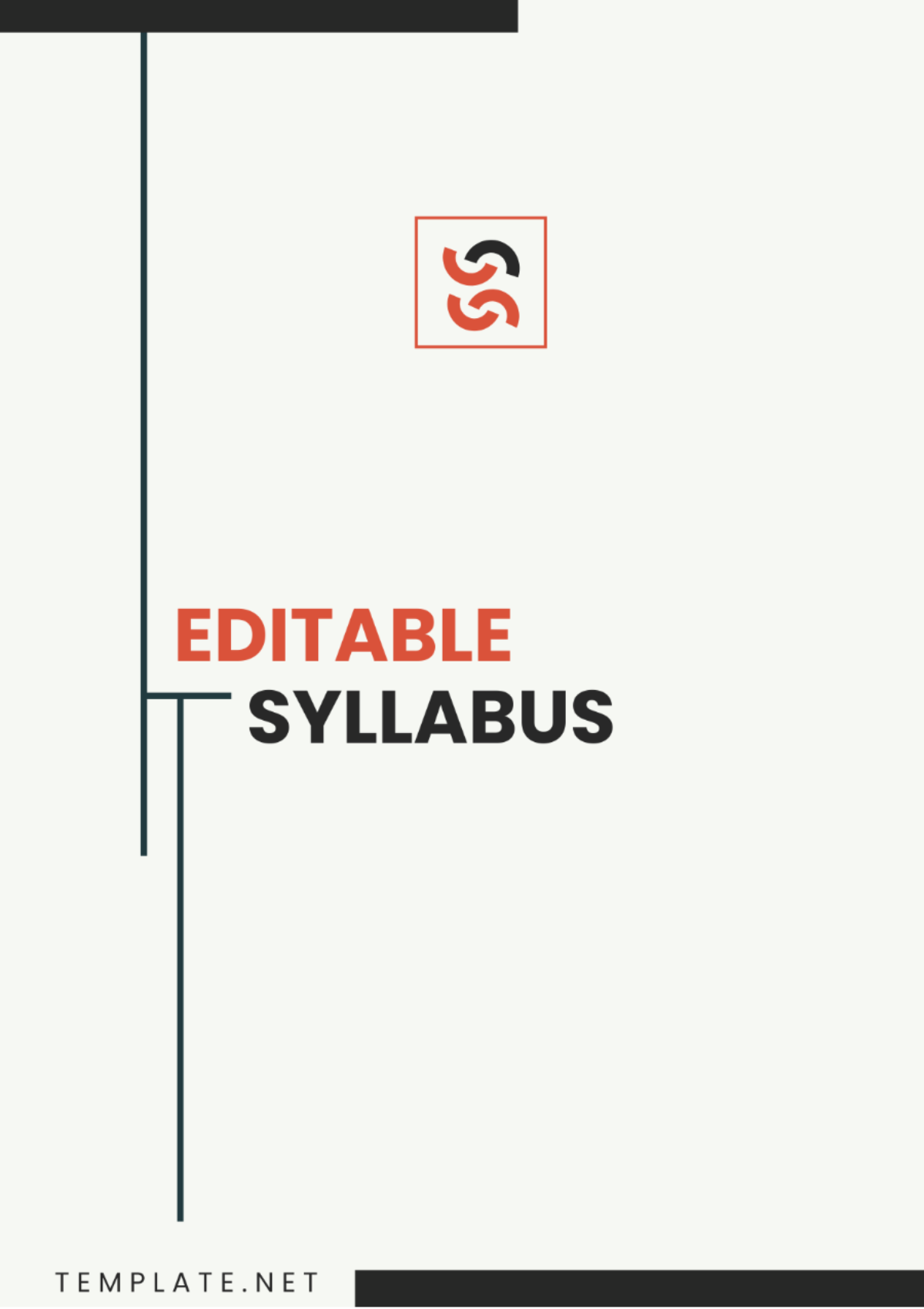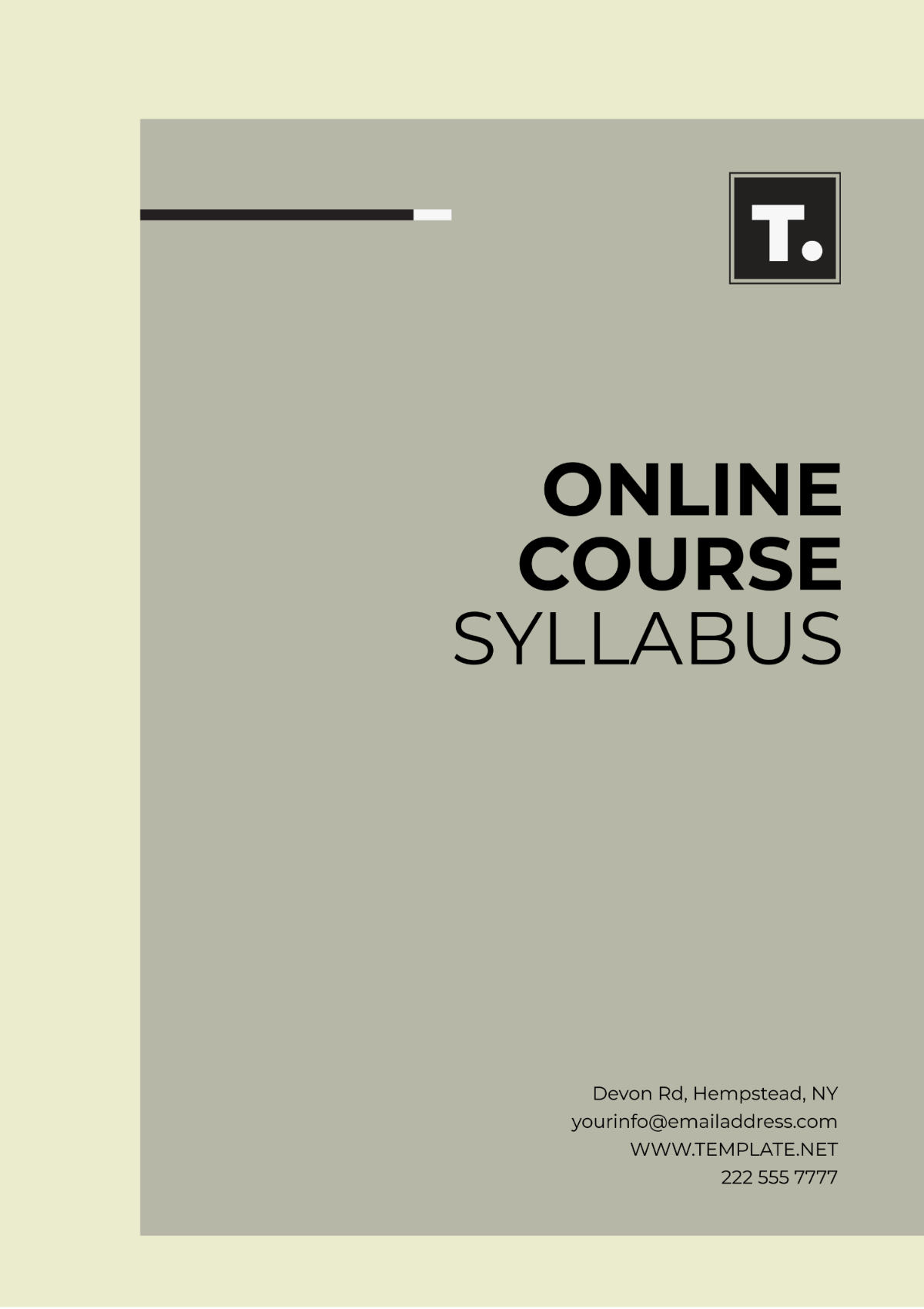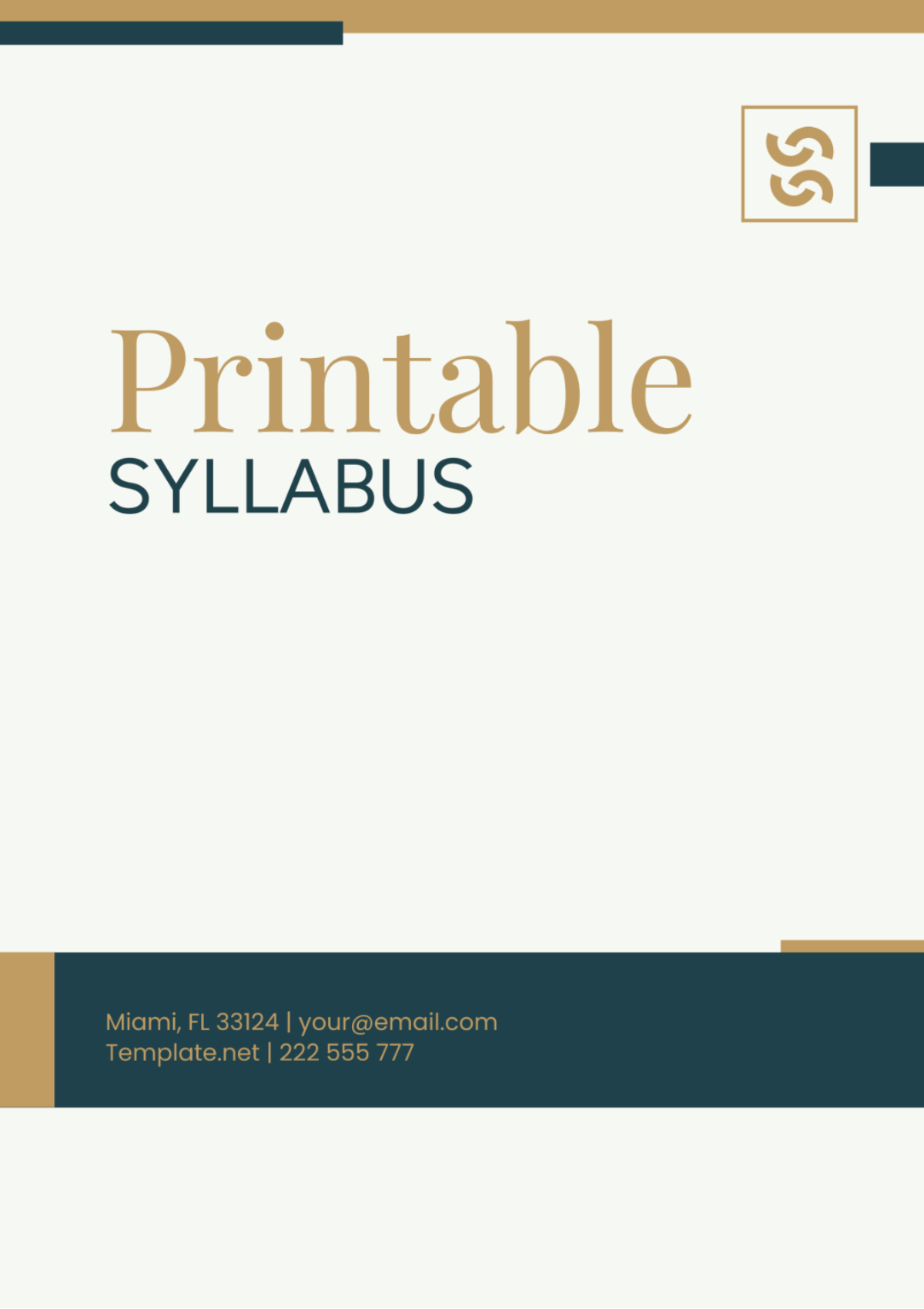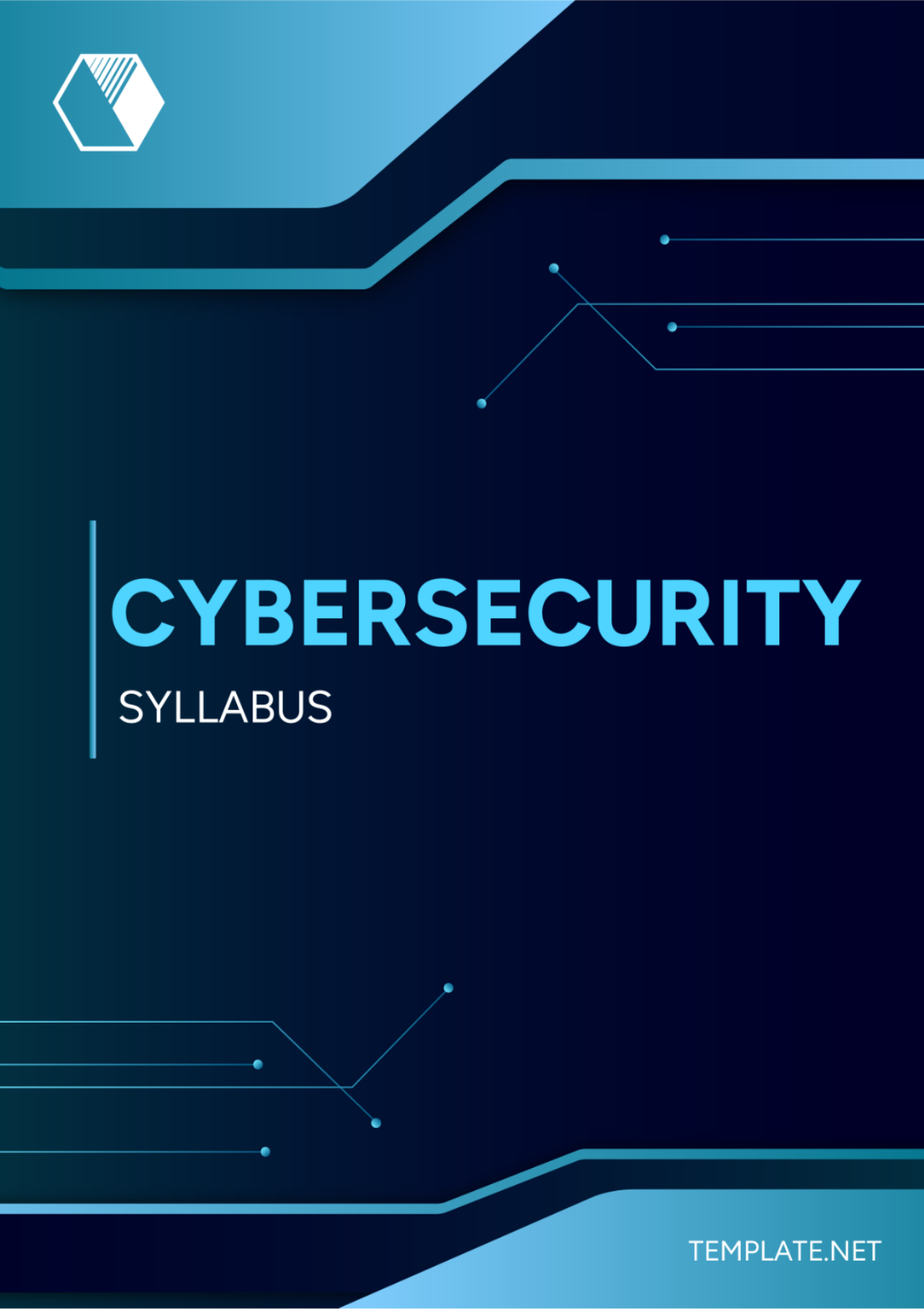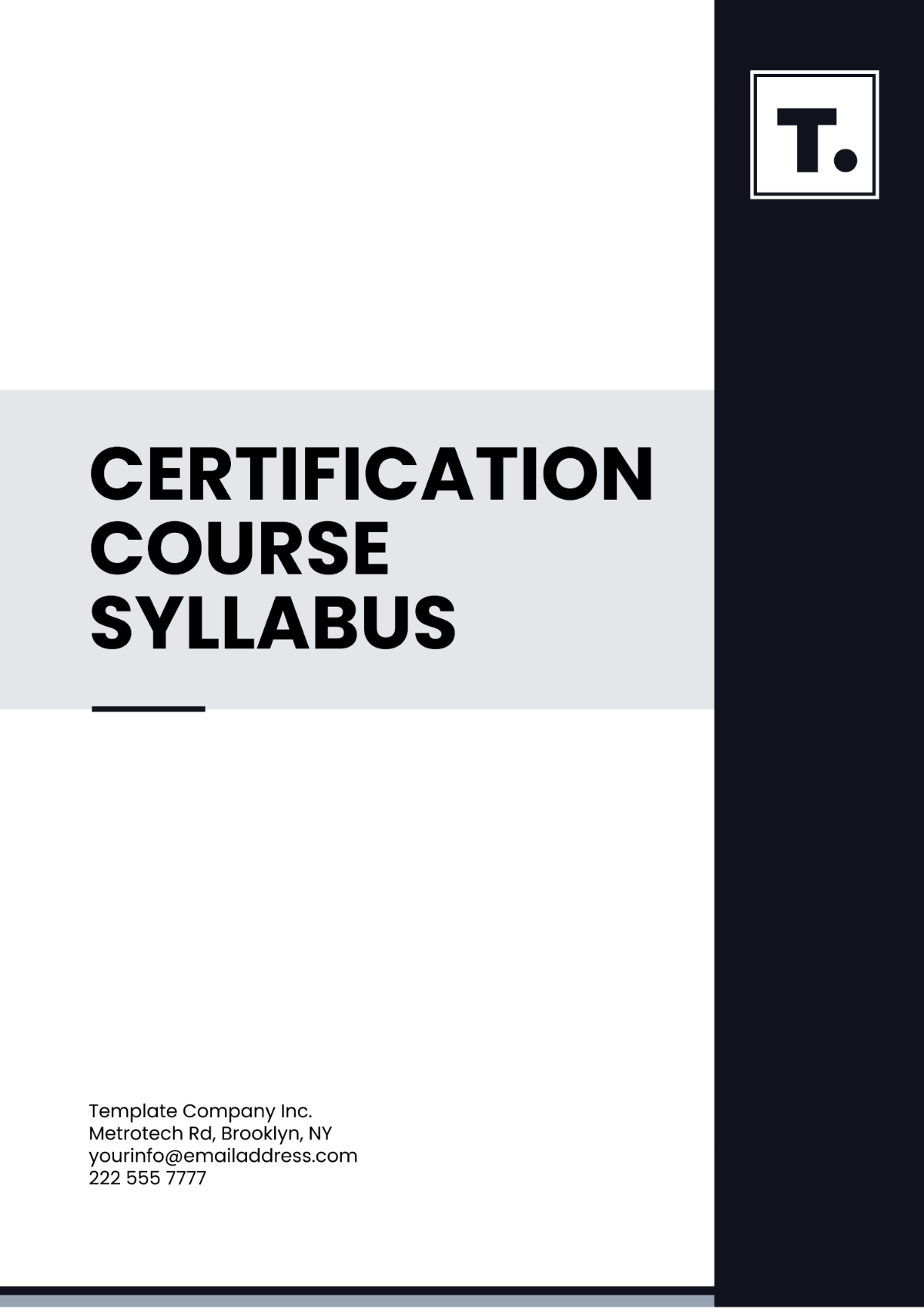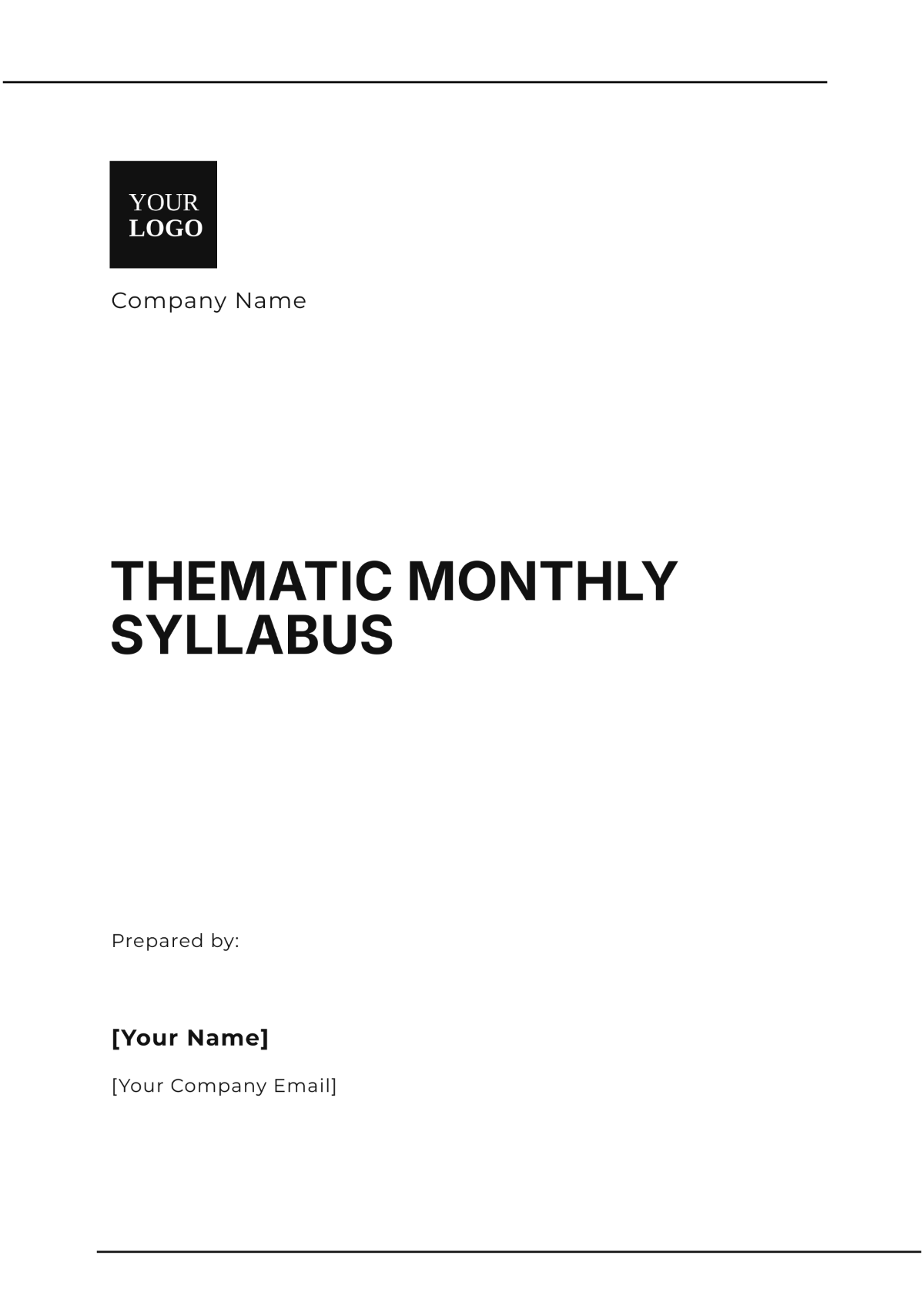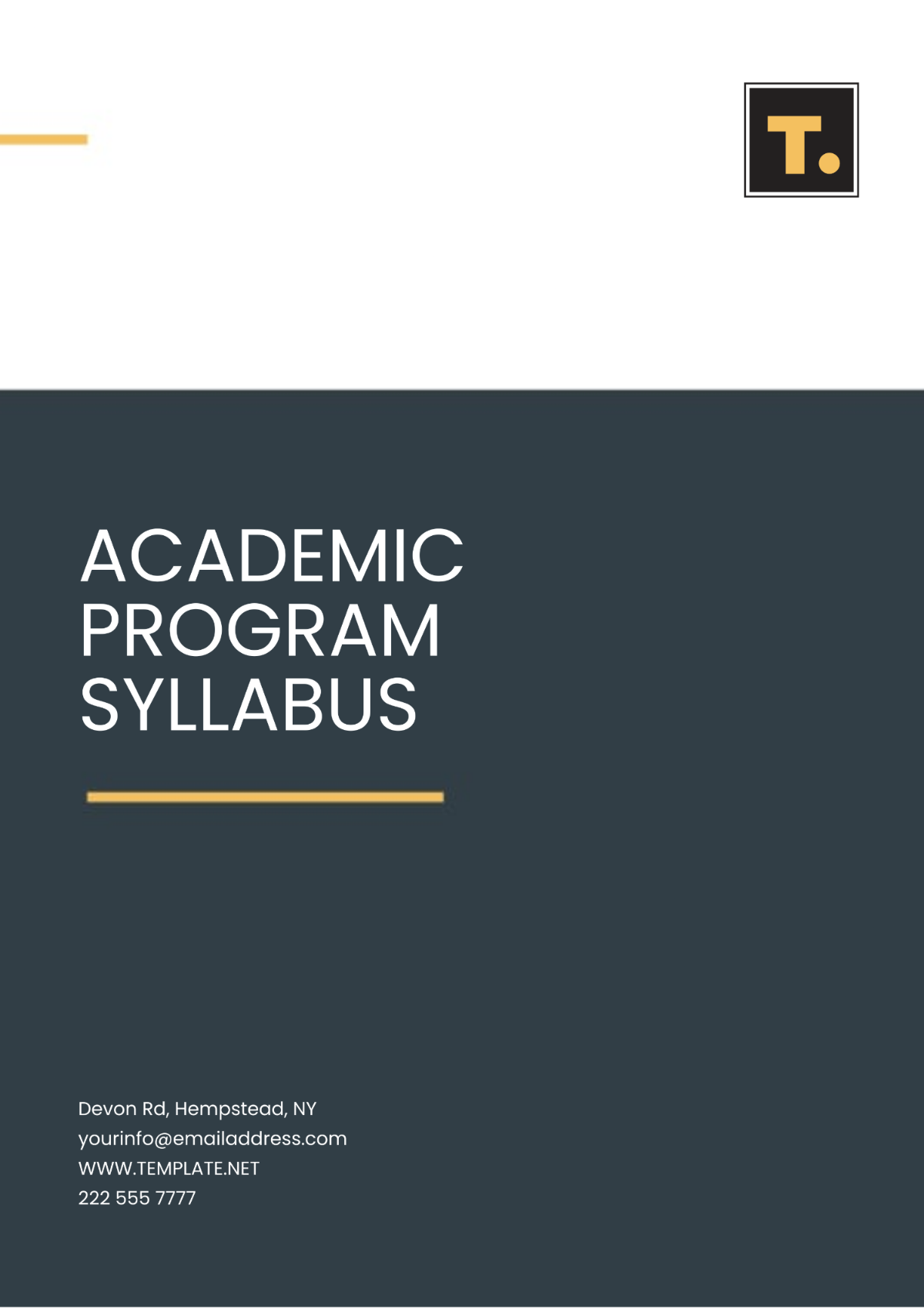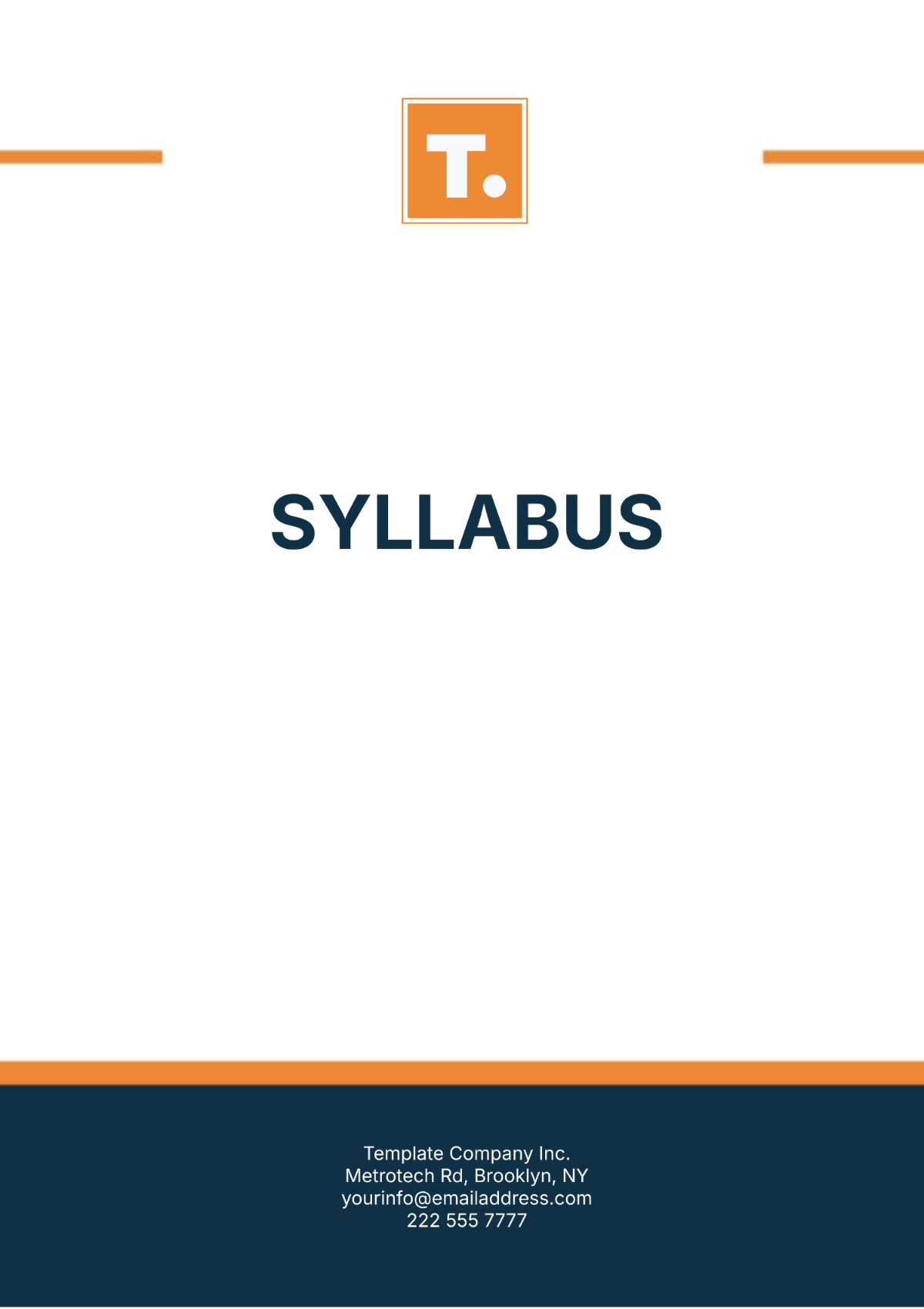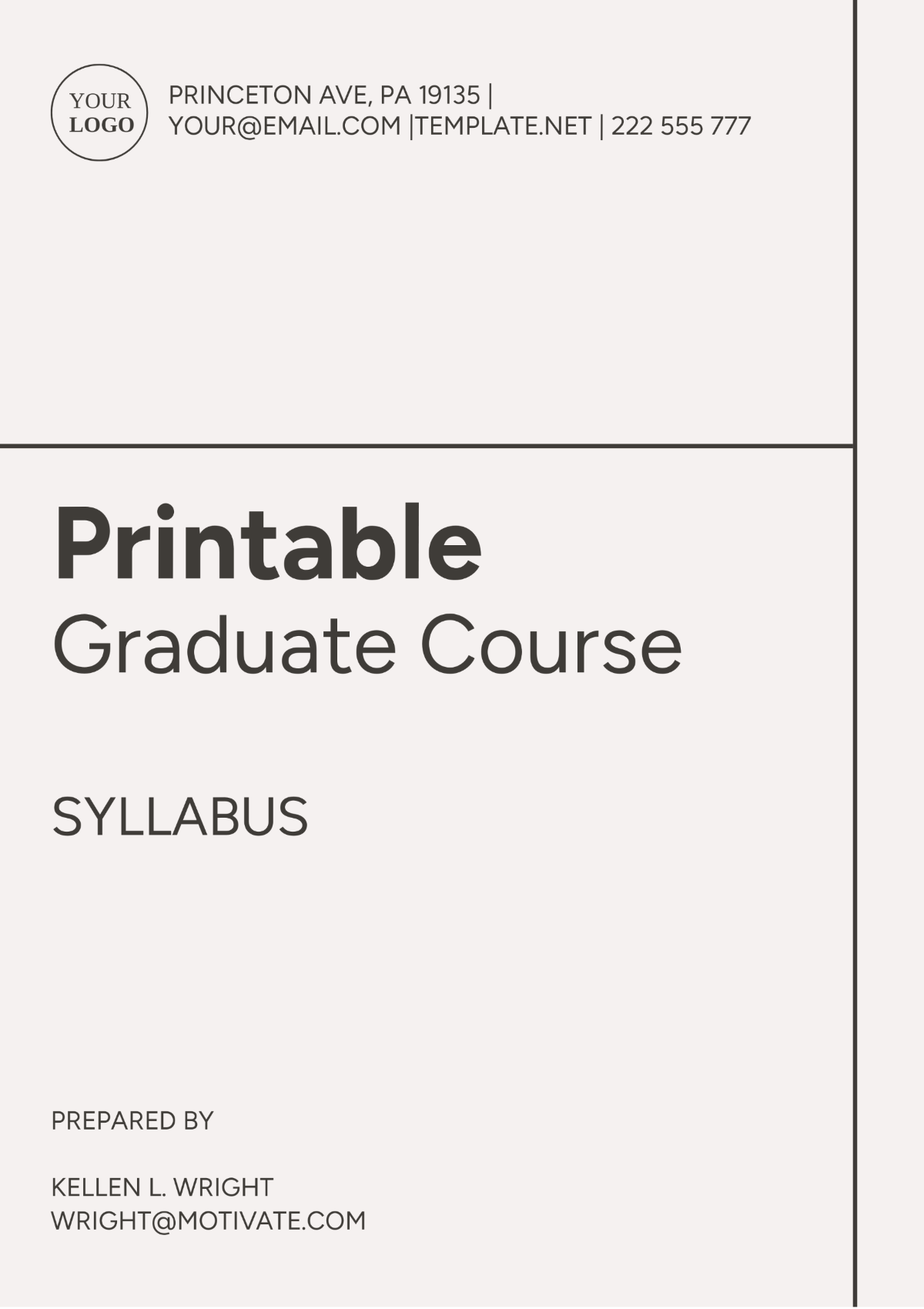Ethical Hacking Syllabus
Ethical Hacking Course
Course Title | [COURSE TITLE] |
Course Code | [COURSE CODE] |
Instructor Name | [YOUR NAME] |
[YOUR EMAIL] | |
Office Hours | [OFFICE HOURS] |
Class Location | [CLASS LOCATION] |
Class Time | [CLASS TIME] |
1. Course Description
This course teaches comprehensive penetration testing methodologies and techniques. Students will understand the ethical, legal, and technical dimensions of cyber hacking and will gain the practical knowledge to protect and secure systems against cyber-attacks. This course is geared towards students enrolled in a cybersecurity program.
2. Instructor Information
Organization: [YOUR COMPANY NAME]
Instructor's name: [YOUR NAME]
Contact: [YOUR EMAIL]
3. Learning Objectives
Understand and execute ethical hacking methodologies.
Identify and exploit vulnerabilities in a controlled environment.
Design and implement strategy for system security.
Analyze results from penetration testing tools and activities.
Understand the legal and ethical implications of hacking.
4. Course Schedule
Week | Topic | Reading Assignment |
|---|---|---|
1 | Introduction to Ethical Hacking | Chapters 1-2 |
2 | Networking Basics | Chapters 3-5 |
3 | Reconnaissance Techniques | Chapters 6-8 |
4 | Scanning and Enumeration | Chapters 9-11 |
5 | Vulnerability Assessment | Chapters 12-14 |
6 | Exploitation Techniques | Chapters 15-17 |
5. Required Reading and Materials
"The Hacker Playbook: Practical Guide to Penetration Testing" - Peter Kim
"Metasploit: The Penetration Tester's Guide" - David Kennedy, Jim O'Gorman
"Web Application Hacker’s Handbook" - Dafydd Stuttard, Marcus Pinto
Virtual Machine Software
Kali Linux Operating System
6. Assignments & Assessments
Weekly security lab assignments to practice ethical hacking techniques in a controlled environment.
Monthly tests to assess students' understanding of the course material.
Culminating project related to performing a comprehensive penetration test of a system.
Online discussions promoting peer learning and idea sharing.
Reading assignments and quizzes to ensure comprehension of course material.
7. Course Policy
Attendance: Regular attendance is crucial in this course. Missing any lecture or session might result in missing key course fundamentals.
Plagiarism: Any signs of academic dishonesty will be penalized according to the institute’s policy.
Late Assignments: Late assignments will be subject to a penalty unless there is a verifiable and legitimate reason.
Confidentiality: All class exercises and discussions are strictly confidential.
Computer Use: Computer use is only allowed for related course activities during the class.
8. Grading Policy
Term grades are determined based upon the following:
Category | Percentage |
|---|---|
weekly assignments | 30% |
Monthly tests | 20% |
Culminating project | 20% |
Online discussions | 20% |
Quizzes | 10% |
9. Prerequisites:
Basic understanding of networking concepts
Familiarity with operating systems (Windows, Linux)
Fundamental knowledge of cybersecurity principles
10. Disclaimer
The individual who has taken on the role of instructor for this particular course still maintains the right to make any necessary changes or revisions to the content that the syllabus encompasses. This could be required for a number of reasons, mostly relating to the specific needs inherent to different teaching strategies, as well as the demands of a variety of educational requirements. The instructor possesses the discretion to decide when these alterations are necessary and to implement them as they see fit.




